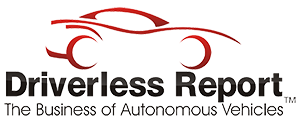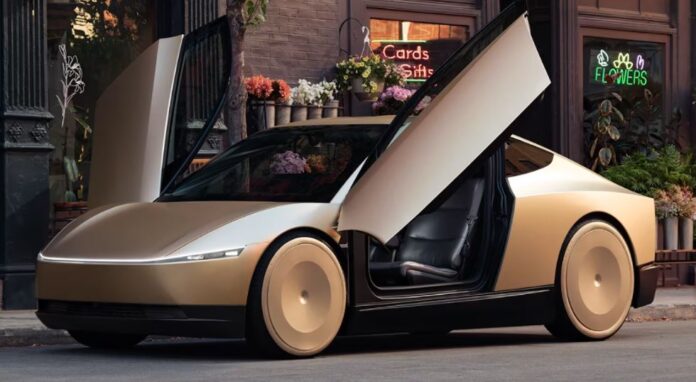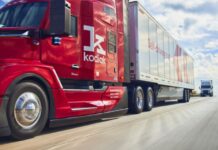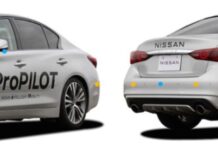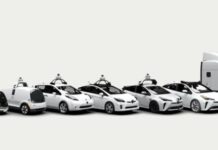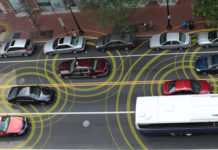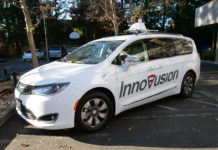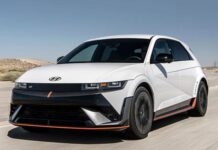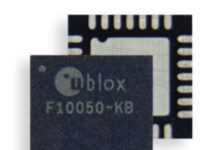In addition, his Robovan autonomous bus, which is capable of transporting as many as 20 people, drew the ire of at least one major industry publication, calling it anti-public transportation.
Not just those in the media thought the announcement was a bust. “I feel like most people–it was pretty much a flop. And it’s almost impossible to think he can do it without lidar and probably radar,” said Paul Drysch, PreAct co-founder and CEO, which manufacturers lidar for not only automotive markets, but industrial and other uses.

Richard Bishop, principal at Bishop Consulting and Forbes.com contributor, believes Musk’s announcement was a disappointment and his timelines are unrealistic.
“Elon blew us off. This had the feel of an aspirational initiative, nothing more,” he said. “Clearly the business approach has not been thought through, or there would have been more details. He provided no confidence for anyone wanting to be a customer or buyer of what he aspirationally says he is building. Sure, the vehicle can be built and sold, being operated somewhere in the world where regulations are workable. But for this to be a game-changer for Tesla in any reasonable timeframe is not in the cards.”
In a move just days after the Musk announcement, Apple AAPL 0.17%↑ officially ended its quest to build its own autonomous vehicle. In a macReports article, California Department of Motor Vehicles (DMV) confirmed that the company requested cancellation of its self-driving test permit in late September.
Apple, which earlier abandoned its electric vehicle project, spent $1 billion annually to support its car projects.


